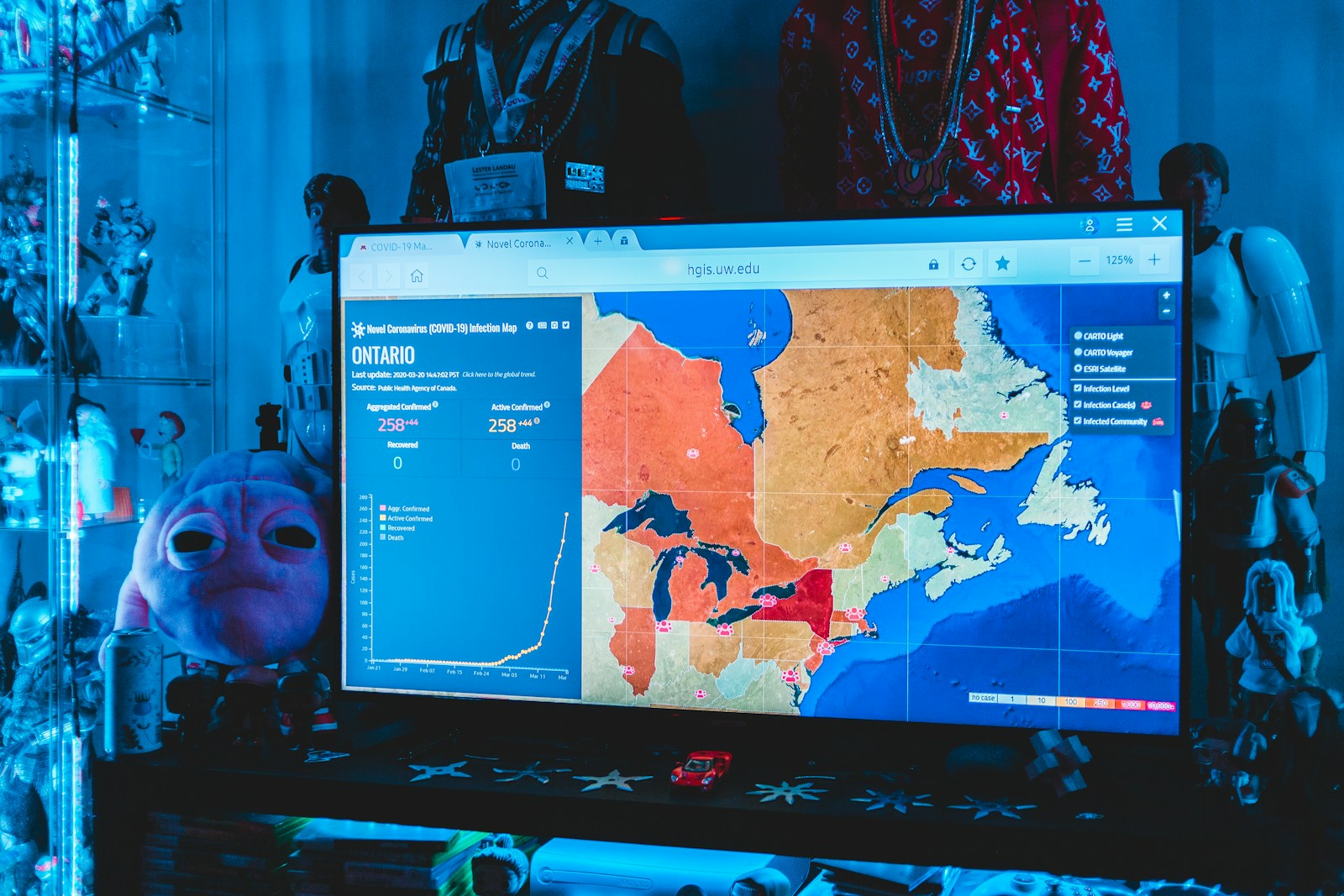AI Revolution Global South: The AI Revolution and Its Global Impact
The AI Revolution Global South marks a transformative phase in technology, promising to reshape economies, societies, and governance worldwide. While advanced AI technologies bring unprecedented opportunities, they also risk deepening existing inequalities between the Global North and Global South. Without deliberate efforts, the benefits of AI could bypass developing countries, exacerbating digital divides and socio-economic disparities.
Historically, technological revolutions have tended to favor countries with strong infrastructure, education systems, and investment capabilities. The current AI wave is no different. Many nations in the Global South face challenges such as limited internet access, inadequate digital skills, and underdeveloped innovation ecosystems, hindering their ability to fully leverage AI advancements.
AI Revolution Global South: Barriers to AI Adoption in the Global South
Several obstacles prevent widespread AI adoption in developing regions. Infrastructure deficits, including unreliable electricity and limited broadband connectivity, constrain AI deployment. Additionally, there is a shortage of trained professionals capable of developing and maintaining AI systems. Data scarcity and privacy concerns further complicate efforts to build locally relevant AI applications.
Addressing these barriers requires coordinated policy interventions, investment in education and digital infrastructure, and international cooperation. Initiatives aimed at knowledge transfer and capacity building are critical to empowering Global South countries to participate actively in the AI revolution.
AI Revolution Global South: International Cooperation as a Path Forward
Global collaboration is essential to ensure AI’s benefits are equitably shared. Partnerships between governments, private sector, and international organizations can help bridge technological gaps. Funding programs focused on research, infrastructure, and inclusive AI development foster innovation that meets the needs of diverse populations.
For example, multilateral initiatives such as the United Nations’ AI for Good program emphasize leveraging AI to address global challenges while promoting ethical standards and fairness. Such efforts highlight the importance of a collective approach to navigating the AI revolution’s impact on the Global South.
Discover more about digital innovation in emerging markets at VoiceMauritiusNews.
AI Revolution Global South: Risks of Perpetuating Inequality
The AI Revolution Global South carries significant risks of reinforcing existing global inequalities. If access to AI technologies and their benefits remains concentrated in wealthy countries, developing nations may face further marginalization in economic and social spheres. This digital divide can affect everything from job markets and education to healthcare and governance.
Moreover, biases embedded in AI algorithms developed predominantly in the Global North may fail to reflect the contexts and needs of Global South populations, leading to ineffective or even harmful outcomes. Ensuring diverse data sets and inclusive AI development processes is critical to addressing these challenges.
Empowering the Global South Through Policy and Innovation
To harness the potential of AI, countries in the Global South must adopt forward-looking policies that encourage innovation while safeguarding citizens’ rights. Investment in STEM education, digital literacy, and research capacity will build a foundation for homegrown AI solutions. Governments should also promote ethical AI frameworks that prioritize transparency, accountability, and fairness.
Collaborating with international partners can provide technical expertise and financial support, helping to scale AI-driven initiatives that address local priorities such as agriculture, health, and climate resilience. Such efforts can empower communities and drive sustainable development.
For insights on policy frameworks and AI ethics, visit VoiceMauritiusNews.
AI Revolution Global South: The Role of Ethical AI in Bridging Divides
Ethical considerations are paramount in ensuring the AI Revolution Global South benefits all segments of society. AI systems must be designed to respect privacy, avoid discrimination, and promote inclusivity. Developing robust ethical guidelines tailored to local contexts helps build trust and facilitates wider adoption.
International organizations, such as the Partnership on AI and UNESCO, are working to create frameworks that guide responsible AI development globally. These efforts aim to prevent misuse and ensure technology acts as a force for good, especially in vulnerable regions of the Global South.
Building Resilience Through Local Innovation
Encouraging local innovation ecosystems is vital for sustainable AI growth. Supporting startups, research institutions, and tech hubs within the Global South fosters solutions that are culturally relevant and economically viable. This approach helps reduce dependency on foreign technologies and strengthens economic sovereignty.
Investment in digital infrastructure, access to funding, and mentorship programs are essential components of this strategy. Governments and private sector players must collaborate to create environments where innovation can thrive.
Conclusion: Shaping an Inclusive Digital Future
The AI Revolution Global South presents both unprecedented opportunities and complex challenges. To avoid perpetuating historic inequalities, deliberate and coordinated action is required at all levels—from local communities to international alliances. By prioritizing education, ethical standards, infrastructure development, and inclusive policies, the Global South can harness AI as a powerful tool for equitable growth and social progress.
Global solidarity and shared responsibility will be crucial in shaping a digital future that leaves no one behind. The choices made today will determine whether AI becomes a bridge or a barrier across the world’s divides.
For more comprehensive perspectives on AI and global development, see the United Nations AI Global Dialogue.




